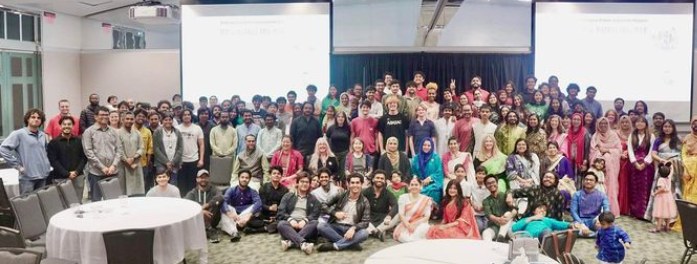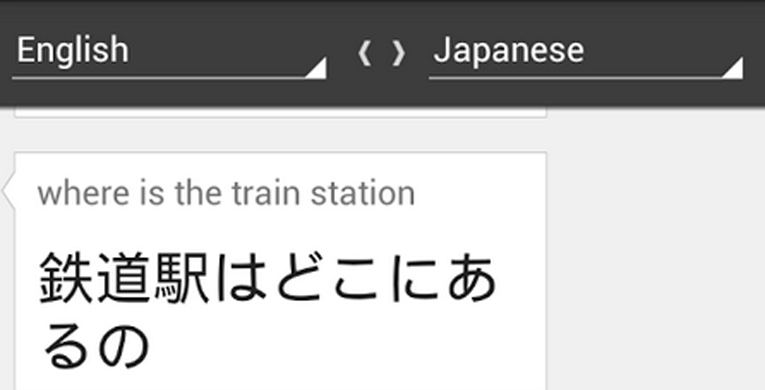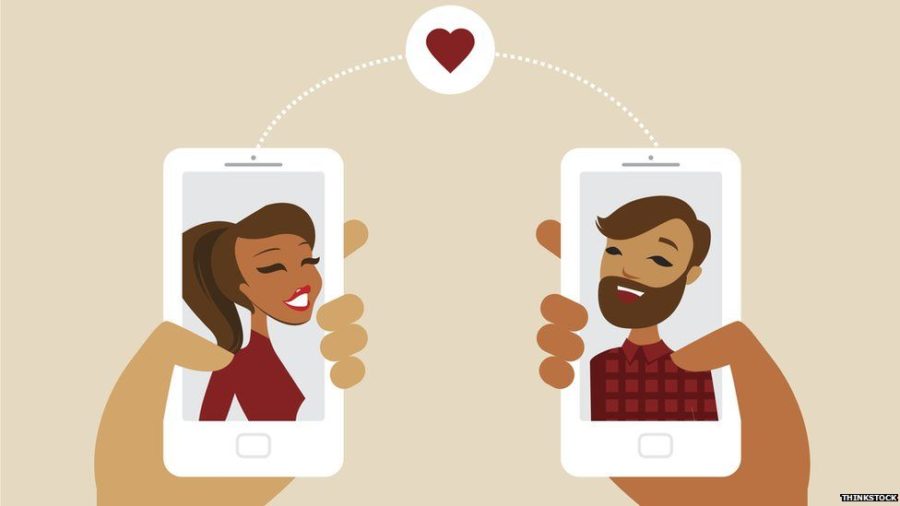
When Google and Bing first released their translation services, it helped make the world a little bit smaller. Phrases could easily be typed or copied and pasted into a translation box, and with the click of a button there was understanding.
Occasionally, there were some errors. Direct translations were not available between some languages, so messages would be converted through a related, more translatable language, then converted into the desired language. This lost a bit of the context of the original message and could produce some humorous results, but overall the translators were a success. Software developers quickly jumped on the ideas of voice translation, universal translators or chat rooms that would immediately translate your message upon pressing ‘send.’ Google and Microsoft have been working toward these ideas and their efforts make for fierce competition.
On Thursday, Sep. 19 Google updated Google Translate for iOS, providing the users of both devices with the ability to translate handwriting into text. This works with words in photos as well, so any text in picture messages can translated. The recent update also included seven new languages, bringing Google Translate’s total number to 71 translatable languages. Since 2011, the app also had the ability to translate speech into text that can easily be converted into other languages.
Microsoft’s team has been working on voice translation. The company impressed crowds in China in November 2012 when it unveiled an English-to-Chinese translator. Rick Rashid, the demonstrator and chief research officer for Microsoft, was able to use an hour of his recorded speech to further improve the translator so that aspects of his voice would remain when it was translated. The presentation drew rounds of applause from the audience and let rival translation services know the steps Microsoft was willing to take to stay in the game.
Translators’ abilities to destroy language barriers make a substantial impact in travel, business and education. “From a business perspective, I think this will have a profound effect on the growth of globalization,” said Cameron Andrews, a senior business administration and marketing double major.
“The way in which we view and communicate with nations that speak primarily a language different than our own will become more fluid as well as more comprehensive. Ultimately this will influence the top level strategies of several businesses; things like outsourcing expatriates and foreign mergers and acquisitions could become even more commonplace than they already are.”
Microsoft’s Bing Translator is only available online or for Windows smartphones, but contains 44 languages, including the fictional Klingon from the Star Trek universe. In fact, Star Trek’s ‘universal translator’ (invented shortly before the year 2151 in Star Trek lore) could easily be a driving inspiration for both Google and Microsoft’s continual efforts to remove language barriers. With the progress current language technology is making in both text and speech-based translation, that year might be an overestimation.


































